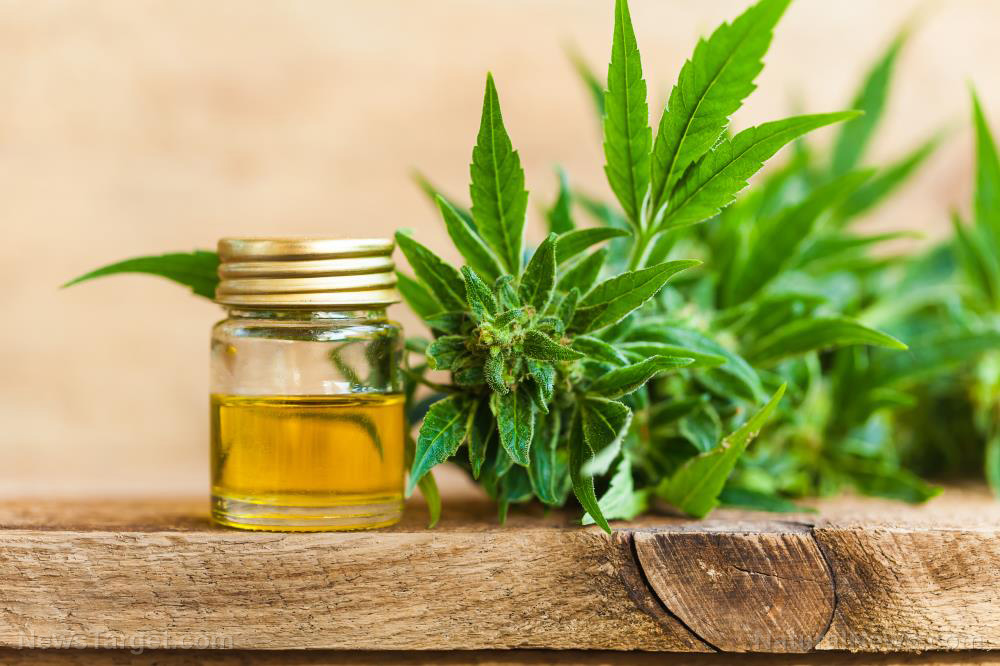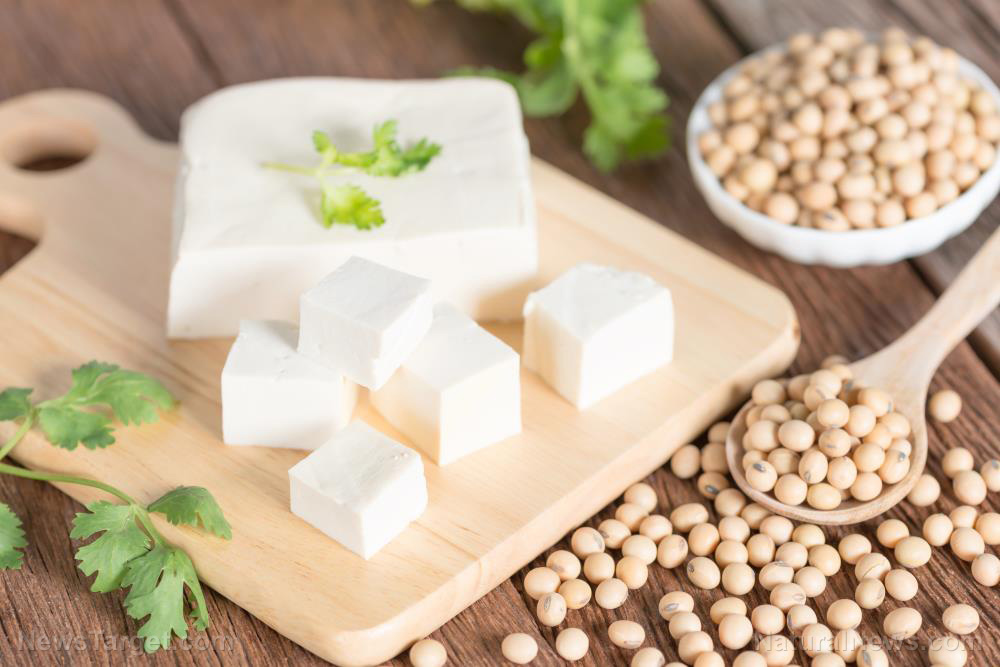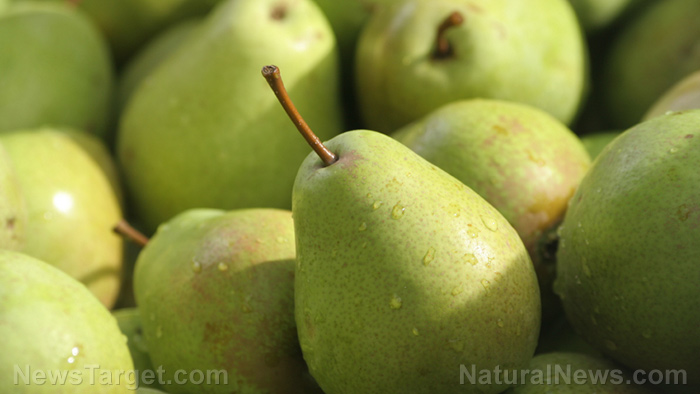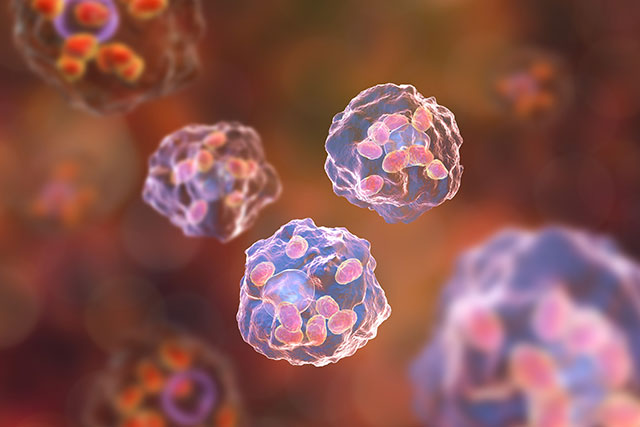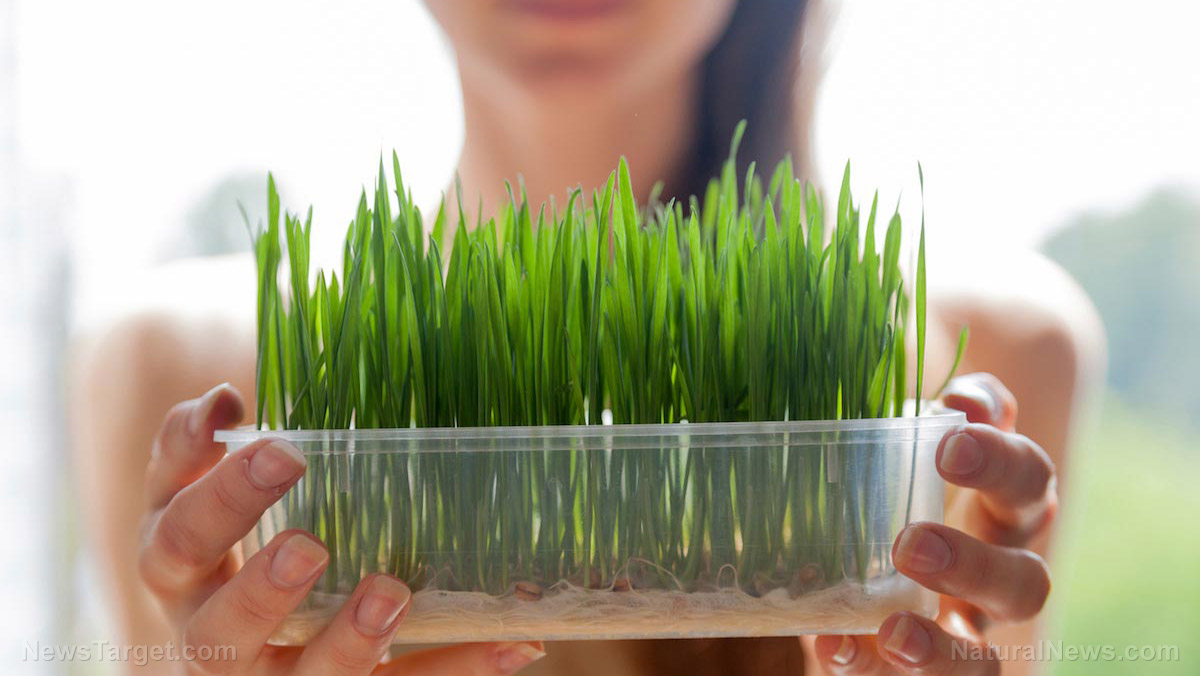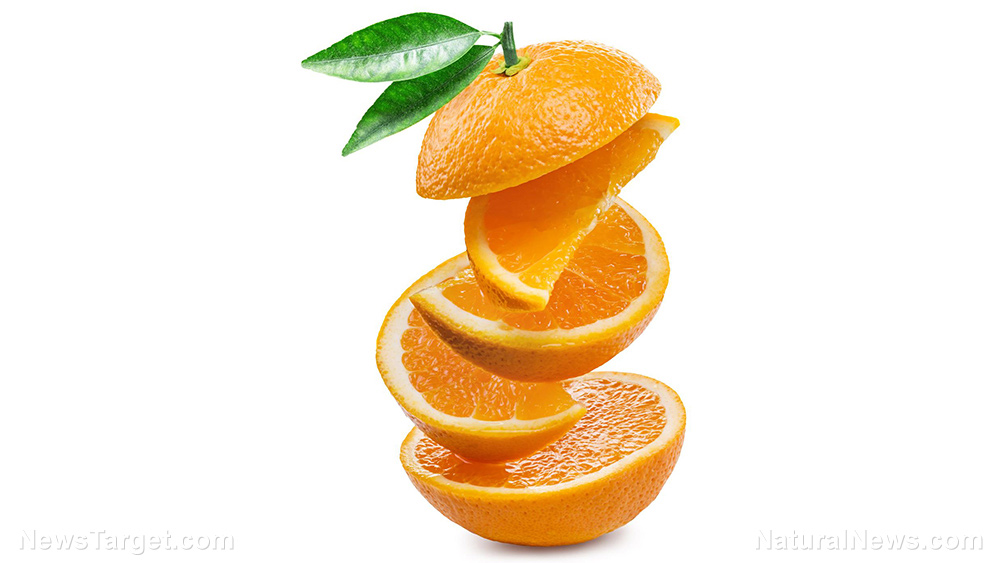Curcumin found to be one of the best natural ways to alleviate depression
04/11/2019 / By Ralph Flores

Curcumin, the main active ingredient in turmeric (Curcuma longa), is the closest thing that people have to a silver bullet. Studies have shown that it can be used to treat a laundry list of diseases, including cardiovascular disease, Alzheimer’s, and even cancer. Now, a meta-analysis published in the journal Phytotherapy Research suggests adding depression to the list. In the review, Iraqi and Australian researchers looked at the efficacy and safety of curcumin in treating symptoms of this debilitating disease.
Depression, clinically known as major depressive disorder, is a condition that affects 16 million adults in the U.S. each year, according to the Centers for Disease Control and Prevention. While treatments for the disorder are available, at least half of the patients discontinue their treatment because of adverse events. In particular, selective serotonin reuptake inhibitors (SSRIs), one of the most common prescriptions for depression, can greatly increase the risk of intestinal bleeding. A study which appeared in The Journal of the American Osteopathic Association revealed that patients taking SSRIs are 40 percent more likely to suffer from severe gastrointestinal bleeding. Taking over-the-counter medications with SSRIs can particularly intensify this risk.
Multiple studies have already identified the link between curcumin and improved symptoms of depression. In a separate review published in The Journal of Post-Acute and Long-Term Care Medicine, researchers from the National University of Singapore identified that curcumin was well-tolerated by patients and reported to have no long-term side effects. The study also found that curcumin exhibited significant anti-anxiety properties, based on data from 377 patients. Curcumin was also found to be effective in treating depression either on its own or with other herbal medicines.
Mother Nature's micronutrient secret: Organic Broccoli Sprout Capsules now available, delivering 280mg of high-density nutrition, including the extraordinary "sulforaphane" and "glucosinolate" nutrients found only in cruciferous healing foods. Every lot laboratory tested. See availability here.
In the meta-analysis, the researchers looked at two decades’ worth of data using multiple databases, including PubMed, Scopus, PsycINFO, JAMAevidence, and the Cochrane Library, among others. Researchers used keywords such as curcumin, depression, MDD, efficacy, and effect to collate pertinent studies. The studies included in the review had a total of 342 patients who had received either curcumin or placebo together with their antidepressant therapy. The results indicated a significant reduction in symptoms of depression after curcumin therapy. In particular, curcumin was especially effective in middle-aged patients and to those who have been treated for over six weeks.
“We conclude that there is supporting evidence that curcumin administration reduces depressive symptoms in patients with major depression,” the researchers concluded in their report. (Related: Happier and healthier: Curcumin-rich turmeric can help ease depression and anxiety, researchers find.)
The link between curcumin and brain health
Multiple studies are available on the effects of curcumin in terms of alleviating depression. However, it’s also worth noting that curcumin does more than regulate mood and depression, given its wide array of brain-boosting benefits. Here are just some of the ways that curcumin improves a person’s brain health.
- It protects the brain against aging. What sets apart curcumin from other antioxidants is that it can easily cross the blood-brain barrier to protect cells against oxidative damage brought about by free radicals. Taking curcumin can improve blood flow to the brain and even stimulate the production of brain-derived neurotrophic factor (BDNF), a protein responsible for the creation of new brain cells.
- It can potentially be used in treating Alzheimer’s disease. Initial studies on the ability of curcumin to be used in Alzheimer’s treatment are promising. Preliminary studies have found that curcumin can break up amyloid plaques, which are found in the brains of patients with the disease.
Learn more about the other health benefits of curcumin by following Turmeric.news.
Sources include:
Tagged Under: alternative medicine, Antidepressants, brain health, curcumin, depression, food cures, food is medicine, major depressive disorder, mental health, natural antidepressant, natural cures, natural medicine, prevention, remedies, SSRIs, turmeric
RECENT NEWS & ARTICLES
Natural.News is a fact-based public education website published by Natural News Features, LLC.
All content copyright © 2018 by Natural News Features, LLC.
Contact Us with Tips or Corrections
All trademarks, registered trademarks and servicemarks mentioned on this site are the property of their respective owners.






